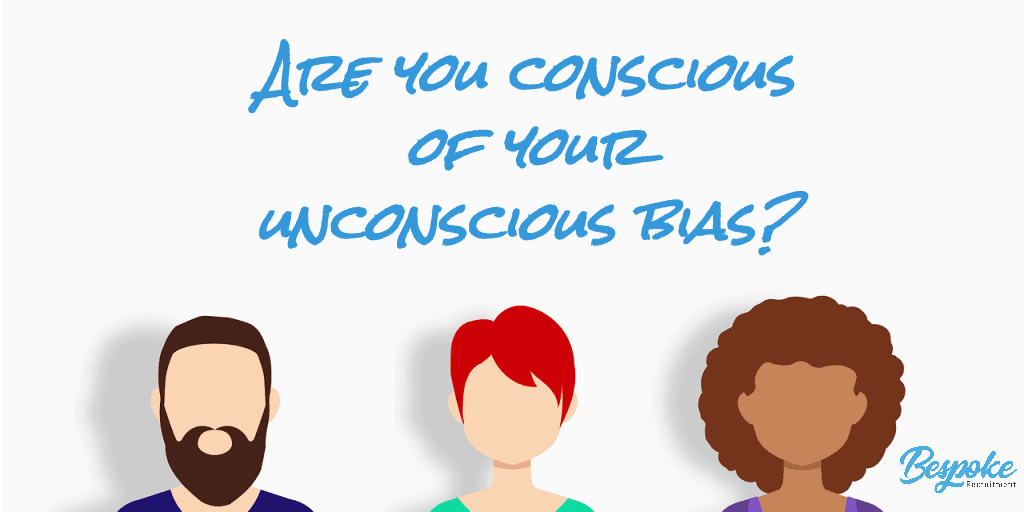In today's diverse workforce, understanding and addressing unconscious bias is crucial for effective recruitment. At Bespoke Recruitment, we're committed to helping businesses build inclusive teams that drive success. Let's explore unconscious bias and how to mitigate its impact on your hiring process.
What is Unconscious Bias?
Unconscious bias refers to social stereotypes about certain groups of people that individuals form outside their conscious awareness. In recruitment, these biases can significantly influence decisions, potentially leading to overlooking top talent.
The Impact on Recruitment
Unconscious bias can affect various stages of the recruitment process, from writing job descriptions to making final hiring decisions. It may result in:
- Homogeneous teams lacking diversity
- Missed opportunities to hire highly qualified candidates
- Decreased innovation and creativity in the workplace
Strategies to Mitigate Unconscious Bias
1. Acknowledge Its Existence: Recognise that everyone has biases. Open discussions about potential prejudices are the first step towards improvement.
2. Use Inclusive Language: Craft job descriptions using gender-neutral language and focus on skills rather than personal attributes.
3. Implement Blind CV Reviews: Remove identifying information from CVs to focus solely on qualifications and experience.
4. Standardise Interviews: Use a consistent interview structure for all candidates to ensure a fair evaluation.
5. Incorporate Skills-Based Assessments: Introduce work-related tests to objectively evaluate candidates' abilities.
6. Set Diversity Goals: Establish and regularly review diversity targets to create a more inclusive workplace.
The Bespoke Recruitment Approach
At Bespoke Recruitment, we specialise in helping businesses implement bias-free recruitment strategies. Our expertise ensures you attract and retain the best talent, fostering a diverse and high-performing workforce.
By addressing unconscious bias, you're not just fulfilling a moral obligation – you're setting your business up for greater success. Diverse teams are proven to be more innovative, productive, and often more profitable.
Ready to transform your recruitment process? Contact Bespoke Recruitment today, and let's build a workforce that truly represents the best talent available.
☎️📱📧 - https://www.bespoke-recruitment.com/contact to learn more about our bias-free recruitment solutions.


